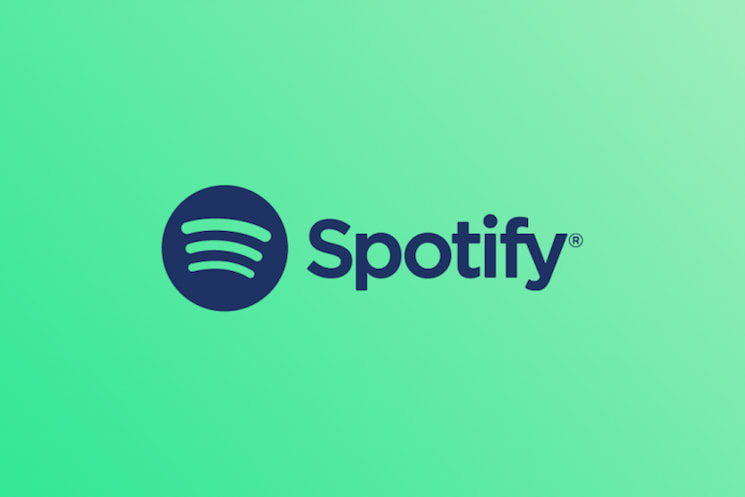Spotify's whole thing — besides being the streamer of choice for hundreds of millions of people — is that it pays the artists providing its platform with music next to nothing.
The streaming giant's royalty rates are already mind-bogglingly low, but as Billboard reports, it's planning to pay artists (specifically those who already don't get many streams) even less. The Swedish giant is reportedly restructuring its royalty system in 2024 to "de-monetize tracks that had previously received 0.5 of Spotify's royalty pool."
Spotify is probably going to be spinning this as a tactic to fight fraud and limit revenue made by non-human ambient-noise generators — there will reportedly be financial penalties for music distributors and labels who've been pinged for "fraudulent activity," plus a minimum play-time length for bird sounds or white noise tracks in order to generate royalties — but it could also seriously impact the money made by small-time independent artists and those just starting to release their music.
Most record labels and distributors will need to agree to the royalty structure changes in order for the plan to go ahead, but that apparently doesn't require entirely new licensing renewals.
When reached by Billboard for comment, a Spotify spokesperson said, "We're always evaluating how we can best serve artists, and regularly discuss with partners ways to further platform integrity. We do not have any news to share at this time."
The streaming giant's royalty rates are already mind-bogglingly low, but as Billboard reports, it's planning to pay artists (specifically those who already don't get many streams) even less. The Swedish giant is reportedly restructuring its royalty system in 2024 to "de-monetize tracks that had previously received 0.5 of Spotify's royalty pool."
Spotify is probably going to be spinning this as a tactic to fight fraud and limit revenue made by non-human ambient-noise generators — there will reportedly be financial penalties for music distributors and labels who've been pinged for "fraudulent activity," plus a minimum play-time length for bird sounds or white noise tracks in order to generate royalties — but it could also seriously impact the money made by small-time independent artists and those just starting to release their music.
Most record labels and distributors will need to agree to the royalty structure changes in order for the plan to go ahead, but that apparently doesn't require entirely new licensing renewals.
When reached by Billboard for comment, a Spotify spokesperson said, "We're always evaluating how we can best serve artists, and regularly discuss with partners ways to further platform integrity. We do not have any news to share at this time."
